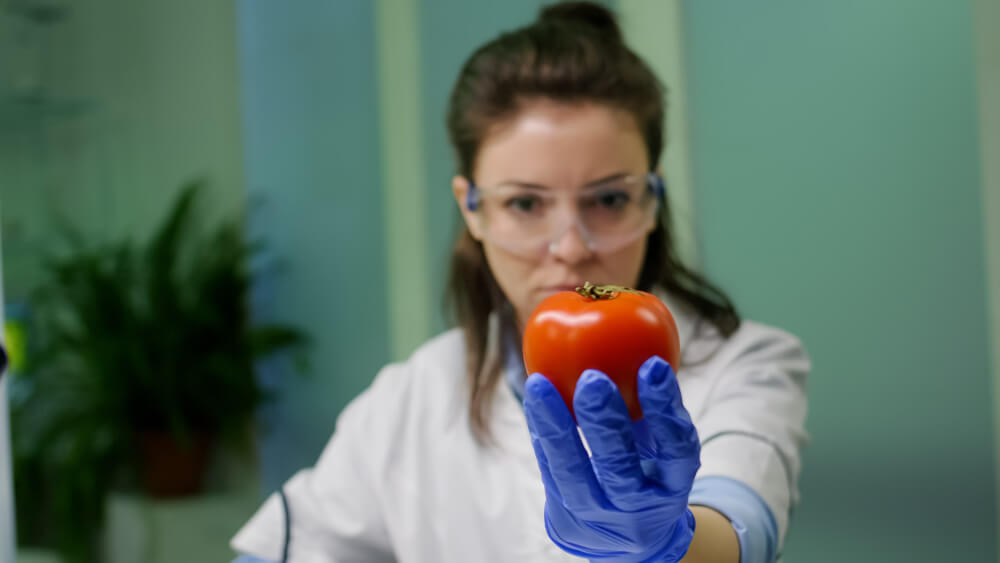Legal Perspective Viral Contamination in Food
Whether you've been injured in an accident, are dealing with a personal injury claim, or facing another legal issue, Mendez & Sanchez APC is here to fight for you. Contact us today for a free, no-obligation consultation.
Call Us Now
Introduction
Viral contamination in food poses significant legal challenges for the food industry. The identification and prevention of such contamination are essential to ensure compliance with regulatory requirements, protect public health, and mitigate legal risks.
Food safety is a paramount concern for both consumers and the food industry. While there are various risks associated with food production, viral contamination is a particular concern due to its potential to cause widespread harm. From a legal standpoint, identifying and preventing viral contamination in food is of utmost importance to ensure public health and mitigate liability. In this article, we will explore the legal aspects of identifying and preventing viral contamination in food and discuss the measures that can be taken to address this issue effectively.
When occurs Viral Contamination?
Viral contamination occurs when food products become contaminated with viruses, which can result in foodborne illnesses. Viruses can be transmitted through various sources, including contaminated water, raw ingredients, or improper handling during food processing and preparation.
.jpg)
Regulatory Framework for Food Safety
The legal framework surrounding food safety varies by jurisdiction but generally includes regulations and standards to prevent and address viral contamination. These regulations typically cover areas such as:
1. Good Manufacturing Practices (GMPs):
Regulations often require adherence to GMPs to ensure food is produced in a safe and hygienic environment.
2. Hazard Analysis and Critical Control Points (HACCP):
HACCP systems help identify and control potential hazards, including viral contamination, throughout the food production process.
3. Testing and monitoring requirements:
Some jurisdictions may have specific requirements for testing food products for viral contamination and monitoring compliance.

Legal Implications of Viral Contamination in Food
Viral contamination in food can lead to serious legal implications for food producers, distributors, and retailers. These implications include:
- Product liability claims: Consumers who suffer from foodborne illnesses due to viral contamination may file product liability claims against the responsible parties, seeking compensation for damages.
- Regulatory violations: Failure to comply with food safety regulations and standards regarding viral contamination can result in penalties, fines, or even criminal charges.
- Reputation damage: Viral contamination incidents can significantly damage a company's reputation, leading to financial losses and loss of consumer trust.
Liability and Legal Consequences
In cases of viral contamination in food, liability can be attributed to various parties along the supply chain, including manufacturers, distributors, retailers, and food service establishments. The legal consequences may include:
- Product recalls
A product recall is a voluntary action taken by manufacturers, distributors, or retailers to remove contaminated or potentially harmful products from the market. In cases of viral contamination in food, a recall may be initiated to prevent further illnesses and protect public health. The decision to recall a product is typically made in consultation with regulatory agencies and may involve issuing public notifications, contacting retailers, and providing instructions for consumers on how to return or dispose of the affected products.
- Reporting obligations
When a food-related viral contamination outbreak occurs, there are reporting obligations that may apply to the parties involved. Food manufacturers, distributors, and sometimes even retailers are required to report outbreaks or incidents of contamination to the appropriate regulatory authorities. These reports help in investigating the source of contamination, implementing control measures, and preventing further spread of the virus. Failing to report such incidents can result in legal consequences and regulatory penalties.
- Civil lawsuits
In cases of viral contamination in food, individuals who have been affected may file civil lawsuits seeking compensation for their injuries, medical expenses, pain and suffering, and other damages. These lawsuits can be directed towards the responsible parties, such as the food manufacturer, distributor, retailer, or even the restaurant or food service establishment where the contaminated food was consumed. Plaintiffs need to establish that their illness was caused by the contaminated food and that the responsible party was negligent or failed to meet their duty of care.

Preventive Measures and Compliance
To prevent viral contamination in food and ensure legal compliance, food industry stakeholders should implement the following measures:
- Adherence to regulatory requirements: Companies must understand and comply with applicable food safety regulations, including those related to viral contamination.
- Robust quality control systems: Implementing stringent quality control measures can help identify and prevent viral contamination in food products.
- Supplier management: Ensuring that suppliers follow proper hygiene practices and provide safe ingredients is crucial to prevent viral contamination.
- Employee training: Adequate training programs should be in place to educate employees about proper food handling practices and the risks associated with viral contamination.
Traceability and Record-Keeping
Maintaining accurate records of food production, processing, and distribution is essential for traceability in case of viral contamination incidents. Proper record-keeping allows for effective identification of the source of contamination and helps mitigate legal risks.
Product Recalls and Reporting Obligations
In the event of viral contamination, companies should have protocols in place to initiate prompt and effective product recalls. Additionally, they should comply with reporting obligations to notify regulatory authorities and take appropriate measures to prevent further harm.
Litigation and Compensation
Foodborne illness cases resulting from viral contamination can lead to litigation, where affected individuals seek compensation for damages. Companies should be prepared to handle legal proceedings and, if necessary, engage legal counsel to protect their interests.
The type of compensation awarded in foodborne illness cases can vary depending on the jurisdiction and the specific circumstances of the case. However, the following types of compensation are commonly sought:
- Medical expenses: Compensation may be provided for the cost of medical treatment, hospitalization, medication, and any ongoing healthcare needs related to the illness.
- Pain and suffering: Damages may be awarded for physical pain, emotional distress, and the overall impact on the quality of life experienced by the affected individuals.
- Lost wages: If the illness caused individuals to miss work and suffer a loss of income, they may be entitled to compensation for lost wages or reduced earning capacity.
- Wrongful death: In cases where a foodborne illness resulting from viral contamination leads to the death of an individual, their surviving family members may pursue a wrongful death claim seeking compensation for funeral expenses, loss of financial support, and emotional suffering.
Collaboration and Industry Standards
Collaboration within the food industry is crucial for developing and implementing best practices to prevent viral contamination. Industry associations and organizations play a significant role in setting standards, sharing knowledge, and fostering cooperation among stakeholders.
Conclusion
Identifying and preventing viral contamination in food is a legal imperative to protect public health and minimize legal risks for the food industry. By understanding the legal implications, complying with regulations, implementing preventive measures, and fostering collaboration, the food industry can ensure safer food products and minimize the legal consequences associated with viral contamination.
If you suffer an accident caused by someone else's negligence, it's crucial to seek legal advice immediately, the personal injury lawyers’ team at Mendez & Sanchez in Los Angeles is here to fight for your rights. We understand the unique challenges faced by viral contamination food victims and will work tirelessly to ensure you receive the compensation you deserve.



